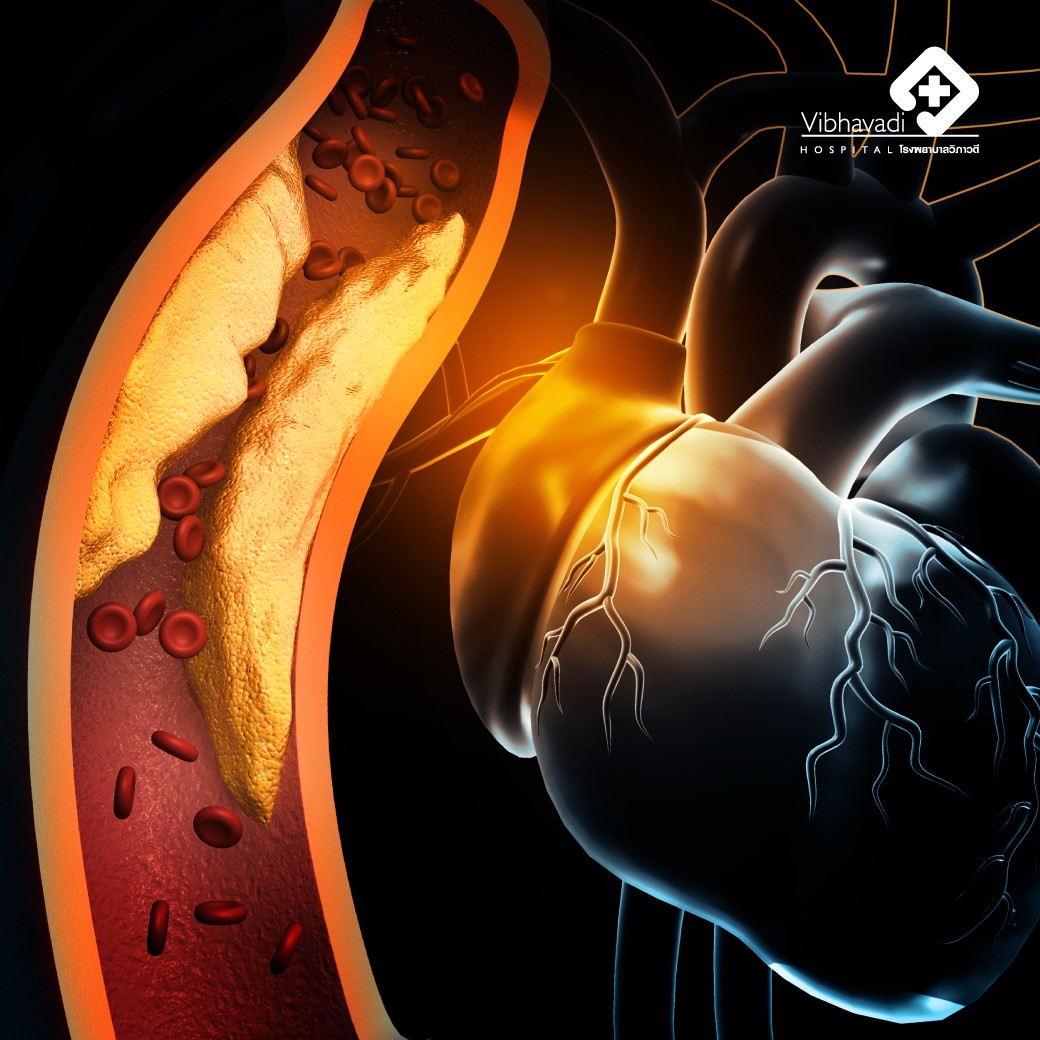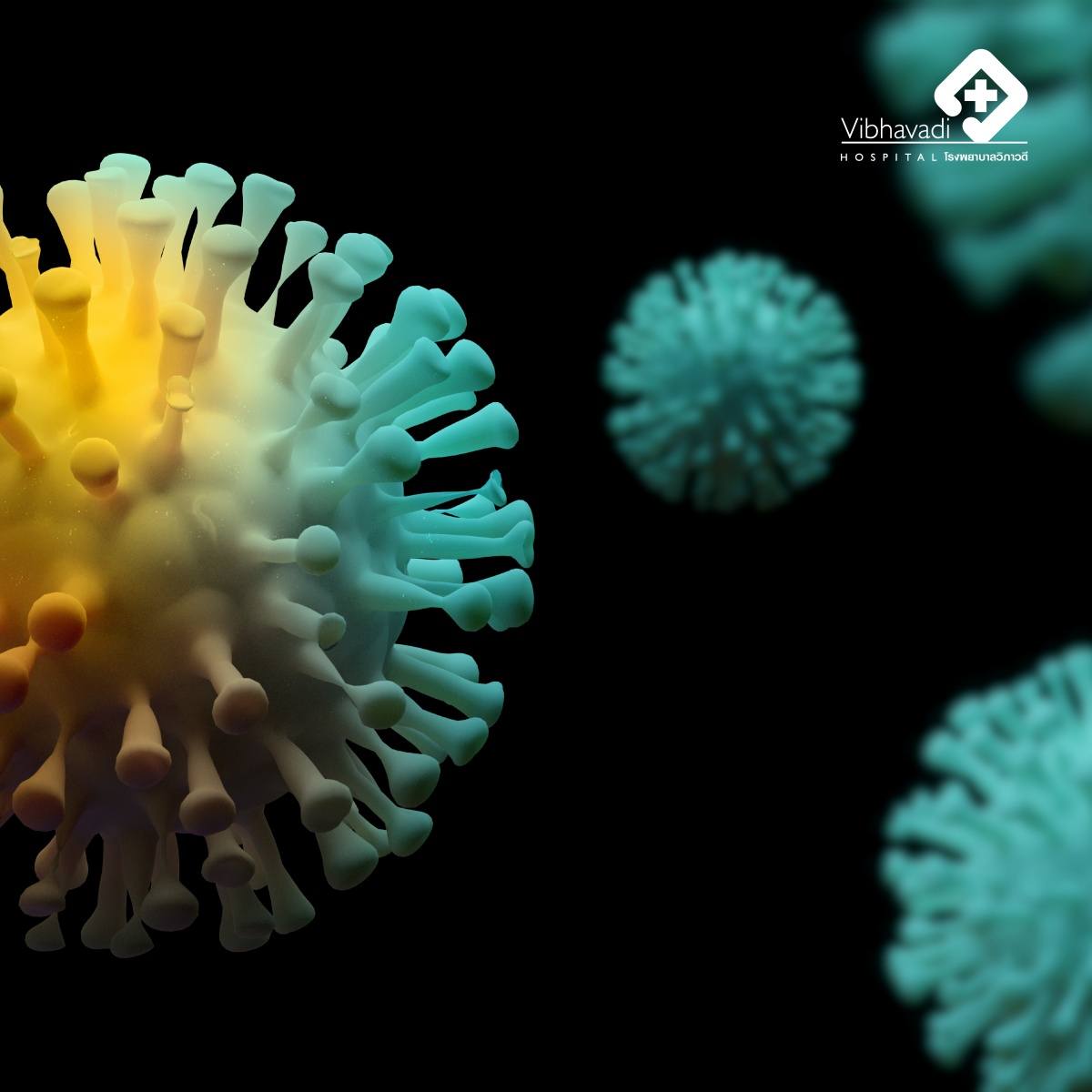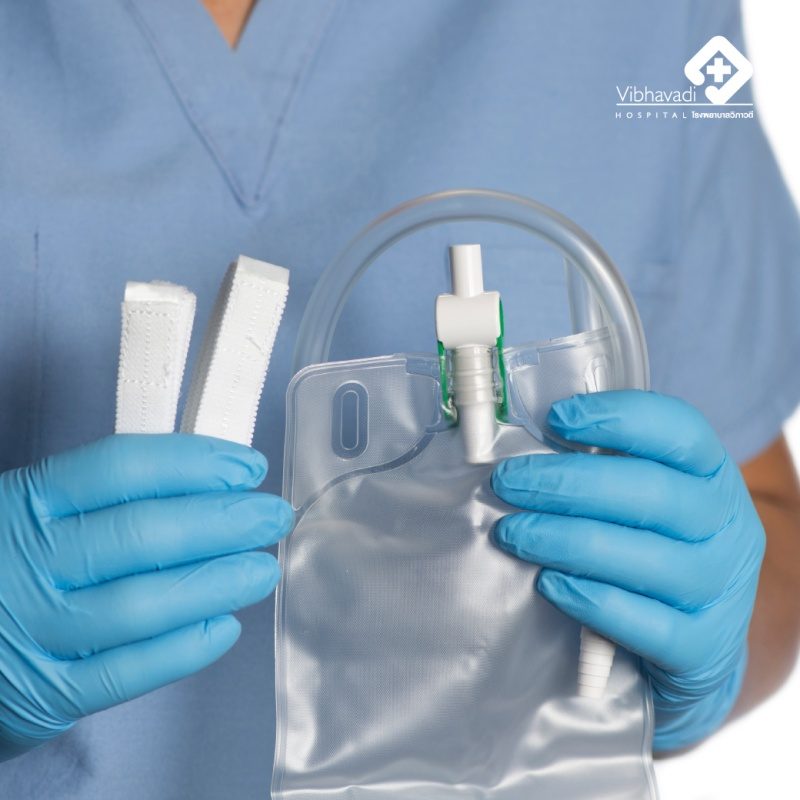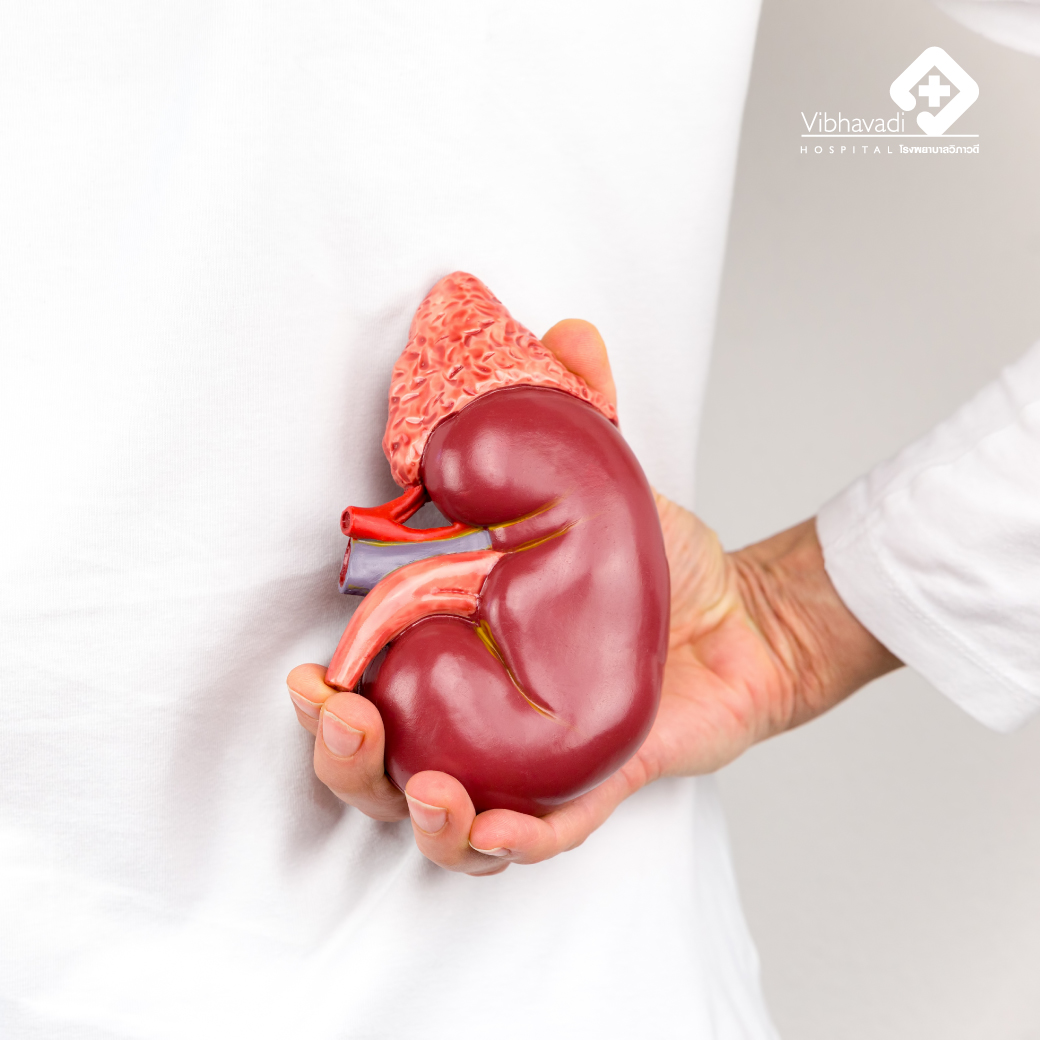Thailand Sees High Rates of Colon Cancer in Men, 8.8 Cases per 100,000 People
Thailand Sees High Rates of Colon Cancer in Men, 8.8 Cases per 100,000 People
Colon cancer is becoming increasingly prevalent around the world, with Thailand being no exception. In 1999, it was the third most frequent cancer among Thai men (8.8 cases per 100,000 population) and fifth among Thai women (7.6 cases per 100,000 population). Those aged 50 and over are particularly at risk, with one third of those with the disease having a family history of colon cancer. This type of cancer is typically located in the colon and rectum, rather than the small intestine.
Cause
There are many factors such as
- Genetics and family history
- Development of intestinal diseases such as familial adenomatous polyposis coli (FAP), a condition that is 100% cancerous and usually requires surgical intervention upon diagnosis of ulcerative colitis.
- Eating habits can also be a factor in the development of intestinal cancer. Studies have shown that diets high in fat and low in fiber can increase the risk of developing the disease, which is more common in areas of the world that tend to consume higher amounts of meat and fewer vegetables (fast food).
- The exact cause of intestinal cancer is not known, and symptoms can depend on the location of the tumor which are:
- Right colon pain may come to the hospital with symptoms such as regular bloody stools, fatigue, paleness, and weight loss resulting from chronic blood loss.
- Left colon may be associated with abdominal pain, flatulence, and potential bloody stools. However, these symptoms often accompany other conditions as well.
- Frequent intestinal obstruction may be characterized by symptoms such as flatulence with no bowel movements or farting, along with an urgent need for surgery. Additional signs and symptoms may include fatigue, anorexia, weight loss, and a pale complexion.
- The rectum may experience diarrhea, followed by periods of regular constipation. Bloody mucus may be passed, and the individual may become pale. They may not be able to fully defecate, and may pass smaller bodies, as well as hard, round stools (referred to as 'bullets'). If the rectum becomes clogged, they may be unable to pass anything, and may experience flatulence.
- The key symptoms are fatigue, paleness, abdominal pain, distension, and bloody discharge.
Colon Cancer Screening
The biological aspects of colon cancer are now being studied more extensively. Gaining an understanding of the disease's pathogenesis has allowed for the development of preventive measures through screening, thus enabling the diagnosis of colon cancer at an earlier stage before it spreads. This has resulted in a rise in the survival rate of colon cancer patients over the past decade. There are various methods for colon cancer screening, each with its own advantages and disadvantages as follows:
Fecal Occult Blood Test (FOBT)
The Fecal Occult Blood Test (FOBT) is a widely used screening method for colorectal cancer. According to European and US data, it has been found that 1-2.6% of people who test positive for FOBT have colorectal cancer. However, this method has a low sensitivity and high false positive rates, which is why it is important for the person getting tested to refrain from eating red meat and certain vegetables such as beets, cauliflower, broccoli, radishes, and cantaloupe for three days before collecting a stool sample for the test. This can help to increase accuracy, although it may be inconvenient for many people to collect multiple samples for the test.
Double (Air) Contrast Barium Enema (DCBE)
The Double (Air) Contrast Barium Enema (DCBE) has been used as an alternative to colon cancer screening in the past, involving the insertion of barium powder enema into the anus. Although the effectiveness of this test is unclear, with a detection sensitivity lower than colonoscopy for tumor polyps smaller than 1 cm, the ability to read results is good. However, the test can be uncomfortable for patients, as they must tolerate compression of the powder, blocking of the anus, and tilting over, and it must be conducted by an experienced radiologist.
Colonoscopy
A colonoscopy is a procedure used to examine the inner lining of the large intestine, or colon, using a colonoscope. This type of endoscopy is currently the most cost-effective method to reduce the incidence of colon cancer and is recommended by various medical associations around the world. During the procedure, the doctor is able to clearly see any tumors or polyps and can remove them without surgery. However, this method is considered to have a risk of complications between 0.03-0.72% and can be expensive. Patients must also fast and prepare their colon to be empty before the procedure and require the assistance of specialist doctors to ensure accuracy and reduce the risk of complications.
CT Colonography
Computed tomography of the colon (CT colonography) is a type of imaging procedure that utilises Helical CT to create 3D images of the colon. This technique is fast and safe, allowing for a view of the entire large intestine as well as the external surface. While it can potentially detect lymph nodes around the colon, it does not have much sensitivity or specificity. Additionally, preparation and air insufflation are required for proper imaging, however, due to the scarcity of these instruments, it is not covered by the health insurance system.
Fecal DNA Testing
Fecal DNA testing is an emerging screening tool for colorectal cancer. It is four times more sensitive than FOBT (Fecal Occult Blood Test), but only half as sensitive as colonoscopy. This test has the potential to be accepted as a future colon cancer screening tool.
Prevention
For the sake of prevention, those in the risk group should visit their doctor regularly and may need to have their stools examined. Additionally, those over the age of 35 should have an endoscopy of their colon annually. On the other hand, those who are not in the risk group should increase their consumption of vegetables, reduce their intake of oily food, and test for occult blood in their stools once a year starting at the age of 40. This should be sufficient.
Physician
Thanet Puapornpong, M.D.
Department of Surgery















